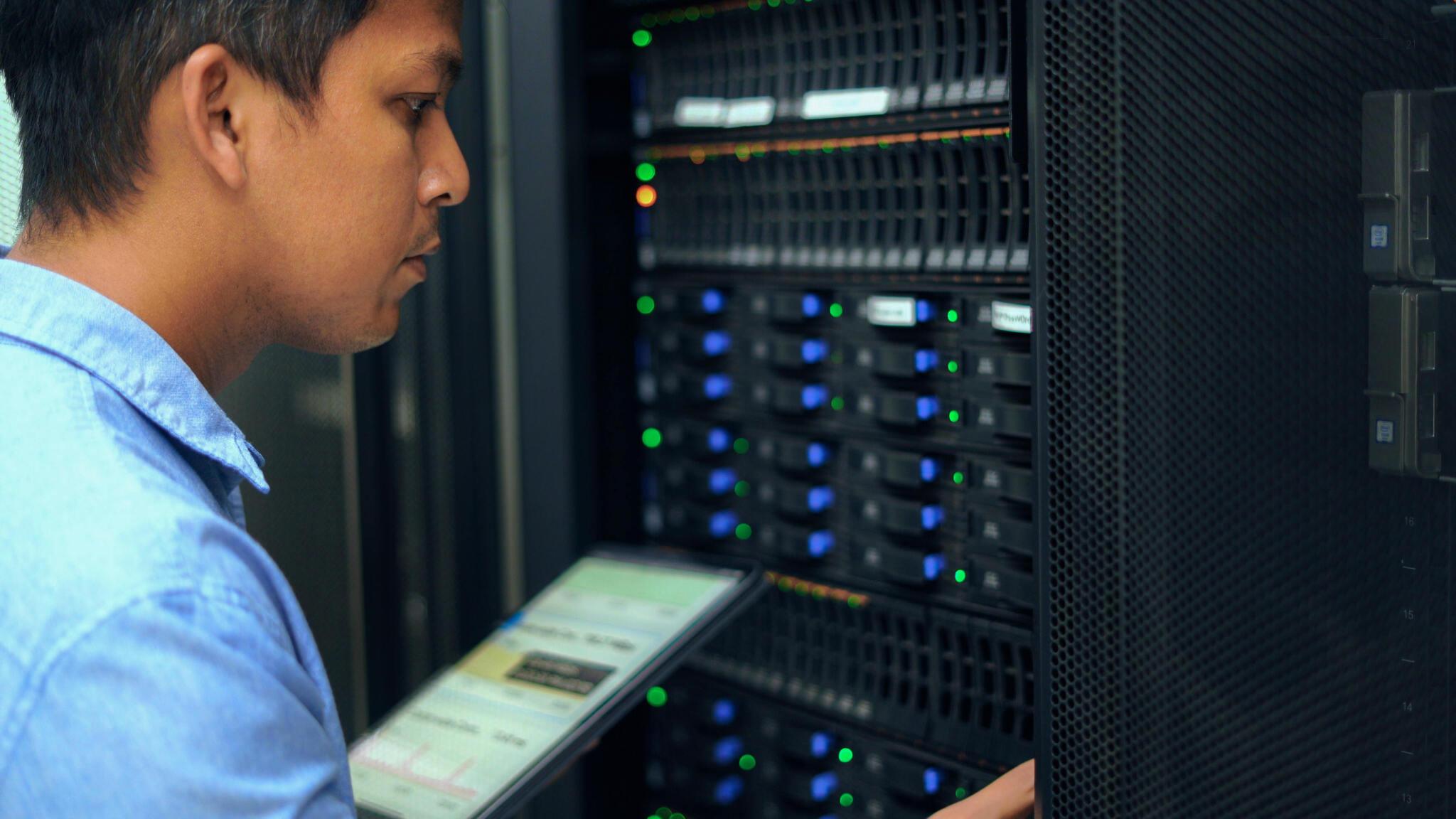Introduction:
In the dynamic world of enterprise computing, businesses are constantly on the lookout for robust and efficient server solutions that can meet their evolving needs. The Dell PowerEdge R630 8 Bay SFF server stands out as a powerhouse in the server landscape, offering a compelling combination of performance, scalability, and reliability. In this article, we will delve into the key features and benefits of the Dell PowerEdge R630, exploring why it has become a popular choice for businesses seeking a versatile and high-performing server solution.
Performance and Processing Power:
At the heart of the Dell PowerEdge R630 is its impressive processing power. Equipped with Intel Xeon E5-2600 v3 or v4 processors, this server delivers exceptional performance, making it suitable for a wide range of applications, from virtualization to high-performance computing tasks. The multi-core architecture and advanced processing capabilities ensure that the server can handle demanding workloads with ease, providing the computational power needed for today’s complex business environments.
Memory and Scalability:
The PowerEdge R630 supports up to 768GB of DDR4 memory, allowing for seamless multitasking and efficient handling of memory-intensive applications. The server’s memory capacity, combined with its scalable design, makes it a flexible solution that can adapt to the changing needs of businesses over time. Whether you are running virtual machines, databases, or other memory-intensive applications, the PowerEdge R630 has the resources to keep your operations running smoothly.
Storage Flexibility:
One of the standout features of the Dell PowerEdge R630 is its storage flexibility. With eight Small Form Factor (SFF) drive bays, this server offers ample storage capacity in a compact form factor. The SFF drive bays support a variety of storage options, including SAS, SATA, and SSD drives, allowing businesses to configure the server to meet their specific storage requirements. This flexibility is particularly valuable for organizations dealing with large datasets or running applications that demand high-speed storage access.
Reliability and Redundancy:
Dell is renowned for its commitment to reliability, and the PowerEdge R630 is no exception. The server is engineered with redundant power supplies and cooling systems, minimizing the risk of downtime due to hardware failures. Additionally, features like hot-swappable drives and redundant fans contribute to the server’s overall reliability, ensuring that businesses can maintain continuous operations without disruptions.
Management and Accessibility:
Efficient server management is critical for maintaining optimal performance and addressing issues promptly. The Dell PowerEdge R630 incorporates the Integrated Dell Remote Access Controller (iDRAC), providing administrators with comprehensive remote management capabilities. From monitoring system health to performing remote updates, iDRAC simplifies server management tasks, making it easier for IT teams to keep the server infrastructure running smoothly.
Conclusion:
The Dell PowerEdge R630 8 Bay SFF server stands as a testament to Dell’s commitment to delivering high-performance and reliable solutions for modern businesses. With its powerful processors, scalable memory, flexible storage options, and robust management features, the PowerEdge R630 is well-suited for a variety of applications and workloads. As organizations continue to navigate the ever-evolving landscape of enterprise computing, the Dell PowerEdge R630 remains a compelling choice for those seeking a server that can meet the demands of today and scale to address the challenges of tomorrow.









